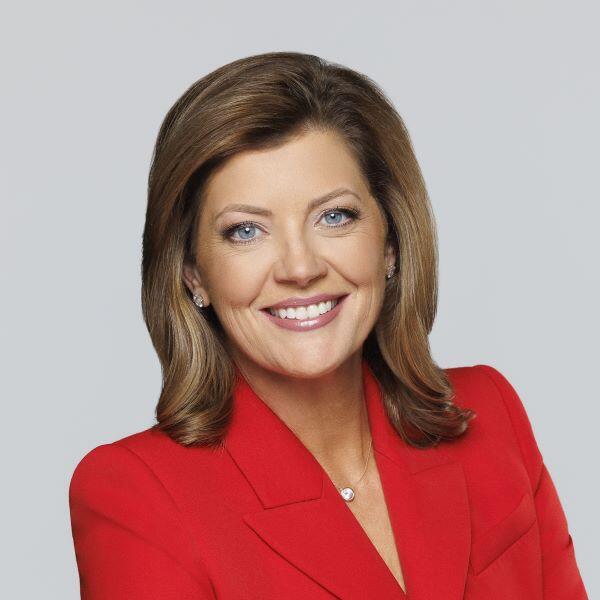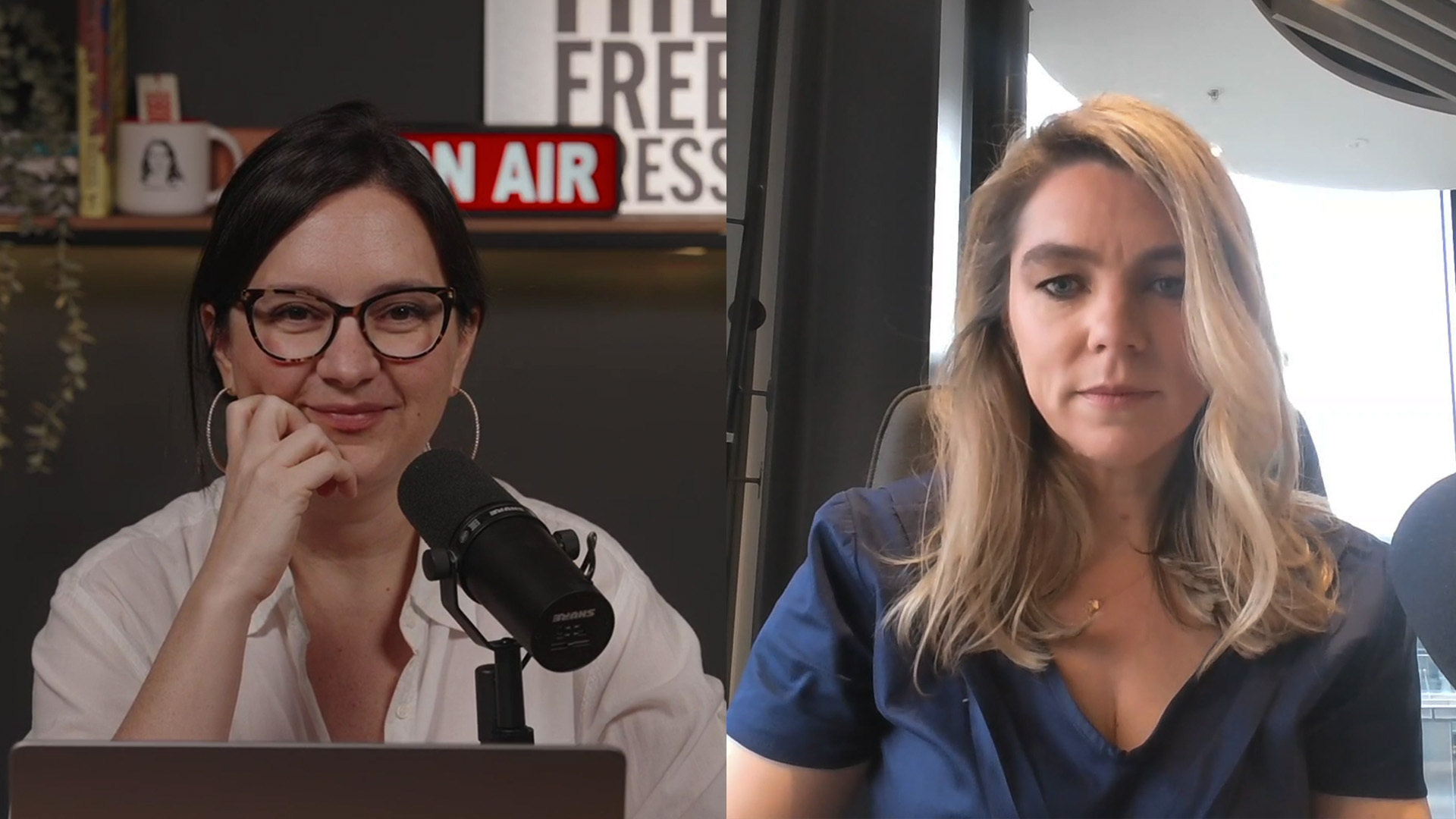Pentagon whistleblowers say they were fired or suspended for reporting sexual assault cover-ups: "People are afraid"
Fifteen years ago, the Department of Defense established a program to combat sexual assault and rape in the ranks. Since then, the military has spent hundreds of millions of dollars on prevention efforts with a stated policy of zero tolerance.
A year-and-a-half long investigation by "CBS Evening News" anchor and managing editor Norah O'Donnell and the CBS News Investigative Unit into sexual assault within the U.S. military uncovered failures by leaders to address the issue. Over the course of the investigation, CBS News spoke with nearly two dozen survivors of sexual assault, whistleblowers who worked for the military's Sexual Assault Prevention and Response program and families of suicide victims who say the military grossly mishandled reports of sexual assault.
Three women hired to work for the military's Sexual Assault Prevention and Response Program are speaking out, alleging improper investigations and retaliation firings despite the Pentagon spending tens of millions of dollars on prevention and pledging to tackle the systemic issue.
Amy Braley Franck, Marianne Bustin and Lindsey Knapp were all hired to work for the program, which was established by the Pentagon 15 years ago to provide support and resources to survivors of sexual assault and rape.
Working under unit commanders at different bases across the country, their jobs involved advocating for victims and helping navigate the process of reporting incidents of assault.
They spoke to CBS News as part of a year and a half-long investigation, in which nearly two dozen survivors spoke out about their assaults.
"I cannot look at another junior soldier sobbing and know that they've been assaulted," Amy Braley Franck told CBS News' Norah O'Donnell. "And people are like, 'Oh, it'll get better. Just go deploy.' That's not okay."
Military commanders are required to refer reports of sexual assault to criminal investigators. However, Franck found evidence that commanders were investigating some cases themselves — violating the military's own code of justice.
"I discovered written documentation of illegal investigations and victims languishing, and I continued to ask for help over and over again, and to no avail," she said.
Lindsey Knapp said her greatest concern "with the program itself" is "some bad actors and commanders that have found a way to sweep these things under the rug."
Asked if the military's stated zero-tolerance sexual assault policy was held true in practice, Marianne Bustin said it was not.
"I feel like the commanders are ill-equipped to make these decisions. That's why we're here. We're the subject matter experts... we advise them, but they do not listen," Bustin said. "Each day they allow these things to occur, there's no zero tolerance. There's tolerance."
Knapp said there has been an increase in assault reports, but a decrease in convictions.
"More and more service members reporting that they're being retaliated against," she said.
In the military's most recent anonymous survey, 64% of women who reported a sexual assault said they experienced retaliation.
"People are afraid," Franck said. "I have young ladies and men say, 'The rape was bad, but I don't wanna go through this other thing because it's worse than the rape.'"
"This other thing," she said, referred to "the retaliation, the treatment, the judgment."
Last year, Franck was suspended from her position as a victim advocate the day after she contacted a commanding general about retaliation she was seeing in the Army.
"I think the breadth and the depth of the problem is so large that they really don't want the general public to understand that they don't have it under control," she said.
Bustin was fired in June after the Air Force commander she complained about the sexually offensive culture on base took away her credentials to work as a sexual assault advocate.
"They didn't want change, and they refused to do it, and they said, 'You're gonna be gone,' and they were right," Bustin said.
She said the system that got her pulled from the program was a powerful one.
"Here's three women trying to fight a male-dominated system where men are the ones deciding whether women were assaulted or harassed... it's a difficult fight," she said.
Meanwhile Knapp believes reporting her concerns about the Army's elite fighters to a commanding general led to her firing in July.
"It all came to a head when I reported that Delta Force was covering up rape," Knapp said. "I don't think they want people to know that their elite fighting force is capable of doing these kinds of things."
She expressed concern for the message it sent to survivors.
"We're not even the sexual assault survivor, we are the victim advocate, we are there to advocate," Knapp said. "But then they see us being retaliated against, and they see us being fired for standing up for them."
Asked how such pervasive issues within the military can be fixed, Franck suggested changes in the way the program is run.
"Don't put us under commanders where, if I'm gonna tell you you're violating a law and then you can just turn around and fire me. Doesn't make any sense," she said.
Bustin stressed that the reports did not just detail incidents, but by law, crimes.
"We're talking about a crime," Bustin said. "For anyone to overlook that, not handle it appropriately, that's a crime in and of itself."
Knapp said the military is ready for a #MeToo movement of its own.
"It's time," Knapp said. "I would encourage everybody who's maybe experienced this to report it to your congressional leaders, to the IG, the office of special counsel. Flood them. Flood them. You matter. Your voice needs to be heard and it needs to be heard now."
The military had declined CBS News' requests for an interview, but Army Secretary Ryan McCarthy responded to this investigation on Wednesday night.
"This topic has captivated the attention of America and our Army leaders and it is abundantly clear – we must do better," McCarthy said.
The Army promised a new action plan in December.
The Army says it encourages program employees experiencing retaliation to report it. The Air Force says its advocates are crucial in efforts to combat sexual assault, and their guidance is valued.
DOD Safe Helpline is a hotline dedicated to members of the DOD community affected by sexual assault. Safe Helpline offers completely anonymous, confidential, 24/7 support available online at www.safehelpline.org or by calling 877-995-5247.
Service members or civilians who were sexually harassed or sexually assaulted by a member of the U.S. military can seek legal services with Protect Our Defenders.
Service members seeking help can also contact Never Alone Advocacy.
If you have information you'd like to share about sexual assault, harassment, retaliation or domestic violence in the United States military, please email investigates@cbsnews.com or text us via Signal 212-975-7171.




